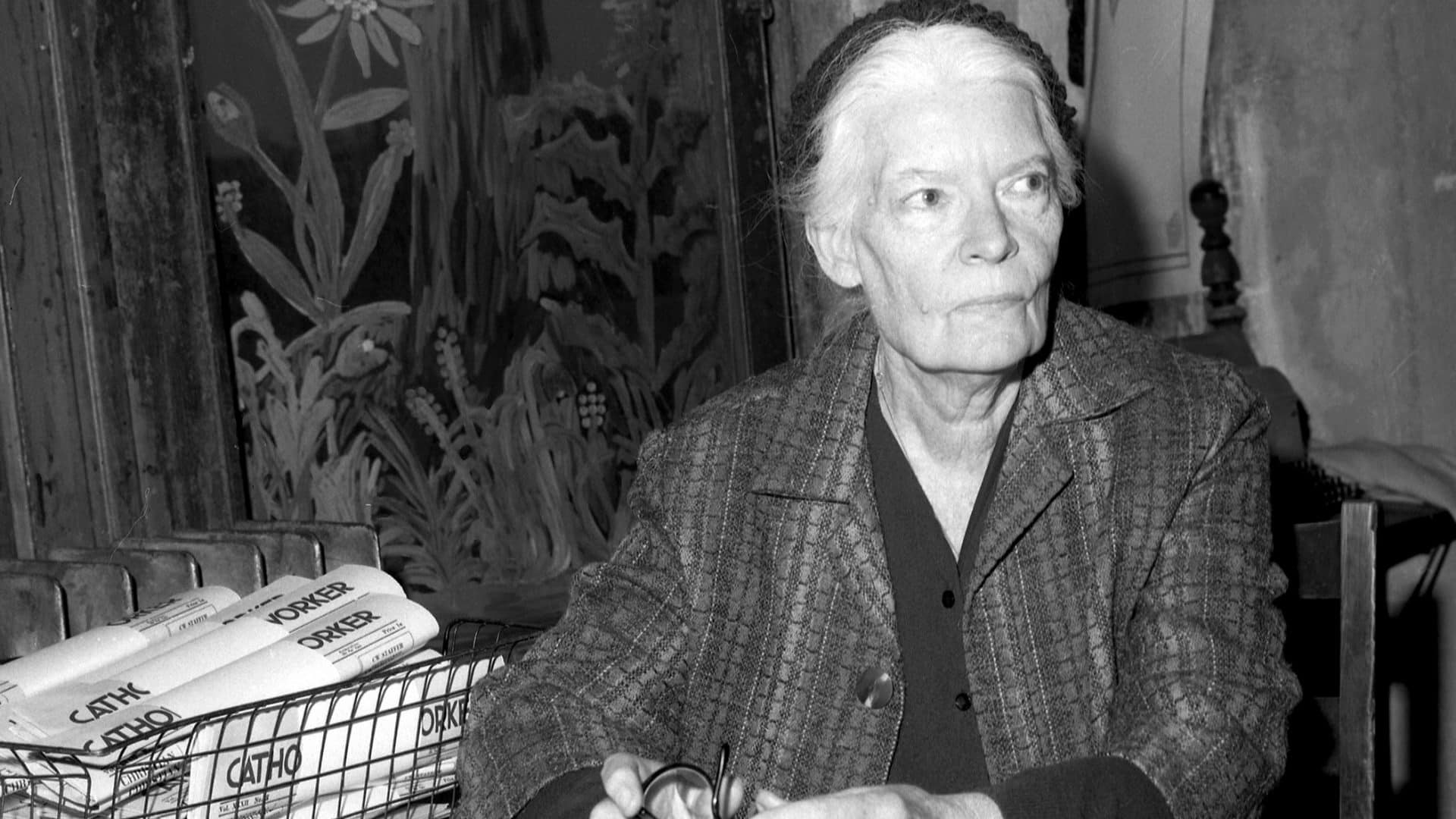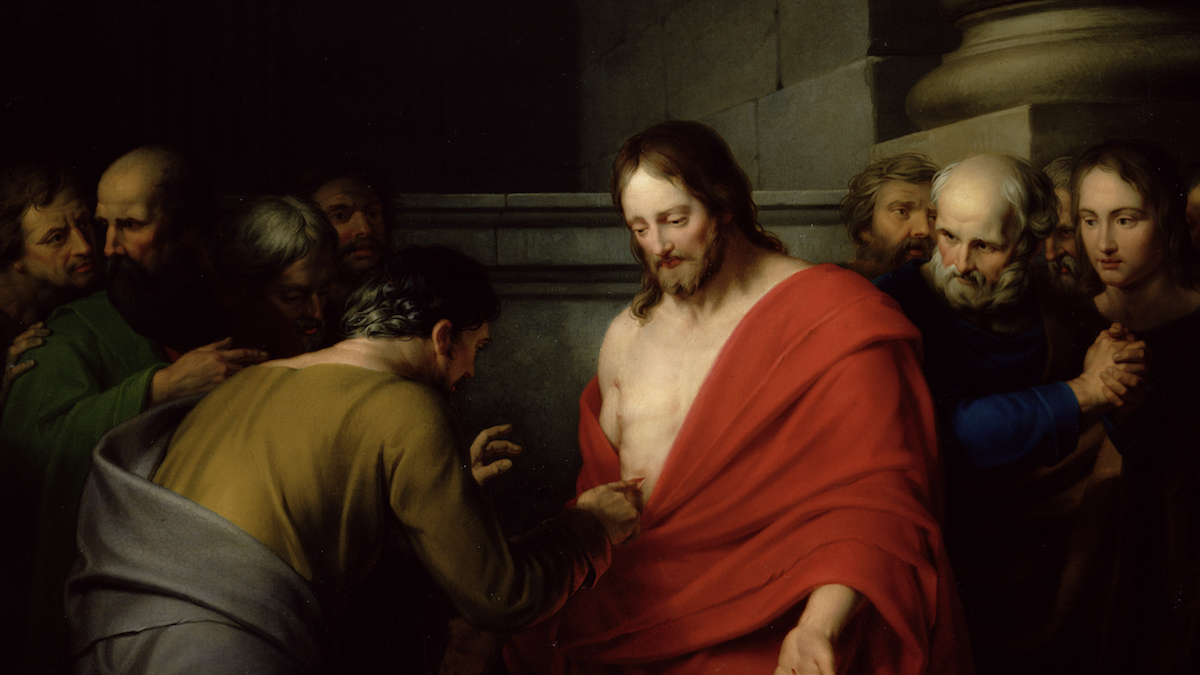War and societal strife have plagued humanity for centuries. During our Lord’s public ministry, He specifically addressed the need for peace in matters of one or more parties feeling wronged by another. The virtue is called for in one of the eight Beatitudes. Jesus says, “Blessed are the peacemakers: for they shall be called the children of God.” (Mt. 5:9)
Many children’s dilemmas are solved by simple means. Peace does not have to be some complex goal. However, peace (in regards to its existence within a society) requires the majority of a people, or at least the leading body of one, to be willing to put political peace into practice. On the base level, we need peace among all people, all nations as well as individuals. But being a peacemaker begins with the individual person. Like children, we ourselves must be innocent of wronging others before we start trying to heal other people’s tiffs and battles.
Not too long after revealing the Beatitudes to His followers, Jesus poses the following situation and subsequent scolding:
“Why do you see the speck that is in your brother’s eye, but do not notice the log that is in your own eye? Or how can you say to your brother, ‘Let me take the speck out of your eye,’ when there is a log in your own eye? You hypocrite, first take the log out of your own eye, and then you will see clearly to take the speck out of your brother’s eye.” (Mt. 7:3-5)
Thus, we are instructed to not be hypocrites but to rather continually work on self-conversion while spreading the good news to others. This includes the spreading of societal peace. Firstly, we are called to peace with those we encounter directly in our daily lives. We are to be exemplary peacemakers. At the same time, we should strive for inner peace. It is due to the chaotic, unchecked internal struggles (the lack of peace) within individuals that there are external acts violating the peace of others being committed on a regular basis.
With this understanding along with trying to live out peace in our own lives, some of us are called to be peacemakers to others. This does not necessarily refer to butting into others’ affairs to try to help solve them. Instead, there are many “lost souls” wandering this world in search of peace. Many may even be found on the streets of the town in which you live. It can be hard to be kind or to even associate with them, but they are still created in the image of God – just as you and I are.
When we think of great Christian figures who have aided the poor, or anyone in need of peace, those who often come to mind may be figures like saints Francis of Assisi or Vincent de Paul. However, in the 20th and 21st centuries, women have acted outstandingly as the brave, charitable faces of true Christianity. They have been the preservers and proclaimers of peace in their words and deeds. There are several great examples to look up to in recent times.
Dorothy Day, who would eventually co-found the Catholic Worker Movement in 1933 during the Great Depression, was a journalist with a heart. (What a blessed rarity!) Her life was a manifestation of mercy. Here was a woman with heart and soul. A civil rights activist, she was imprisoned around the age of 20 for protesting in front of the White House to promote the yet unwritten right for women to vote. Dorothy Day had not always been a good Christian. Like other great writers such as G.K. Chesterton and C.S. Lewis, she underwent a great moment of conversion.
The highlights of her life – at least in my eyes – were her great charitable works, especially through the Catholic Worker foundation, and the forming of the foundation’s newspaper. The publication’s targeted readership was primarily the poor and anyone who worked in a physical, mental, or spiritual sense. The Catholic Worker foundation soon spread to other cities, building more Catholic Worker houses. These constructions were places where works of mercy were practiced and the poor were given assistance. It was an atmosphere, in fact, a whole culture of Christian charity and peace which Dorothy Day helped found. And it lasts to this very day with the movement remaining active.
Another heroine of peace with a beautiful and endearing story is Mother Teresa, a woman always smiling. She once eloquently said, “I am a little pencil in the hand of a writing God who is sending a love letter to the world.” In her charity and care toward her brothers and sisters in Christ, this courageous woman actively spread the Word of God to countries in the East. A missionary much-loved for her laborious efforts in India, she acquired citizenship in several nations.
She served the poor of society, particularly the lepers who have been excessively and historically shunned, in part due to the disease’s quality of being contagious. Reversing a common social construct was nowhere near the hardest obstacle for Mother Teresa to overcome. A lack of finances for the charity work in addition to political upheaval contributed to many of her regular concerns. And a result of her determination and generous gift of caring for those less fortunate, this humble servant of Christ’s peace received one of the highest worldly honors that can be bestowed on an individual. This was the Nobel Peace Prize awarded her in 1979, forty years ago.
Since then, following her death, she received the highest honor in the Kingdom of God, namely sainthood. Nun, teacher, and uber-go-getter, Mother Teresa remains a marvelous figure of bringing peace to the world. She reminds us that God calls some women to a cloistered convent for deep prayer and others to walking among the lost sheep of Christ’s fold. Regardless what vocation God calls any of us to, all are called to break out of our comfort zones and be open, be vulnerable to our brothers and sisters just as Christ took on a human body and became vulnerable for our sake.
There are many politicians striving to resolve conflicts all over the globe. But perhaps we need more peacemakers like Mother Teresa and Dorothy Day, people who will go out among others with a smile, a kind word, and a helping hand. Moreover, women are often gifted with the inclination toward this holy endeavor and should pursue it – as should men as well. Ultimately, the Blessed Virgin Mary is seen as the perfect and most tender example of a human preserver of peace. She sought it firstly in her own heart and has been trying to spread it to her children ever since.
Our Lady of Fatima cautioned that if reparation and spiritual healing were not made in Russia and in the world, that war and persecution would plague the Earth. Our Mother does not wish for war. She desires peace, and so should we. Mary is the best model of creating tranquility within our hearts, our homes, and our nations. This goal of Christ’s ought to be one close to our hearts and ought to be a filter for how we act – both in public and private circles. Through Mary’s intercession, we can begin to achieve peace on Earth.








